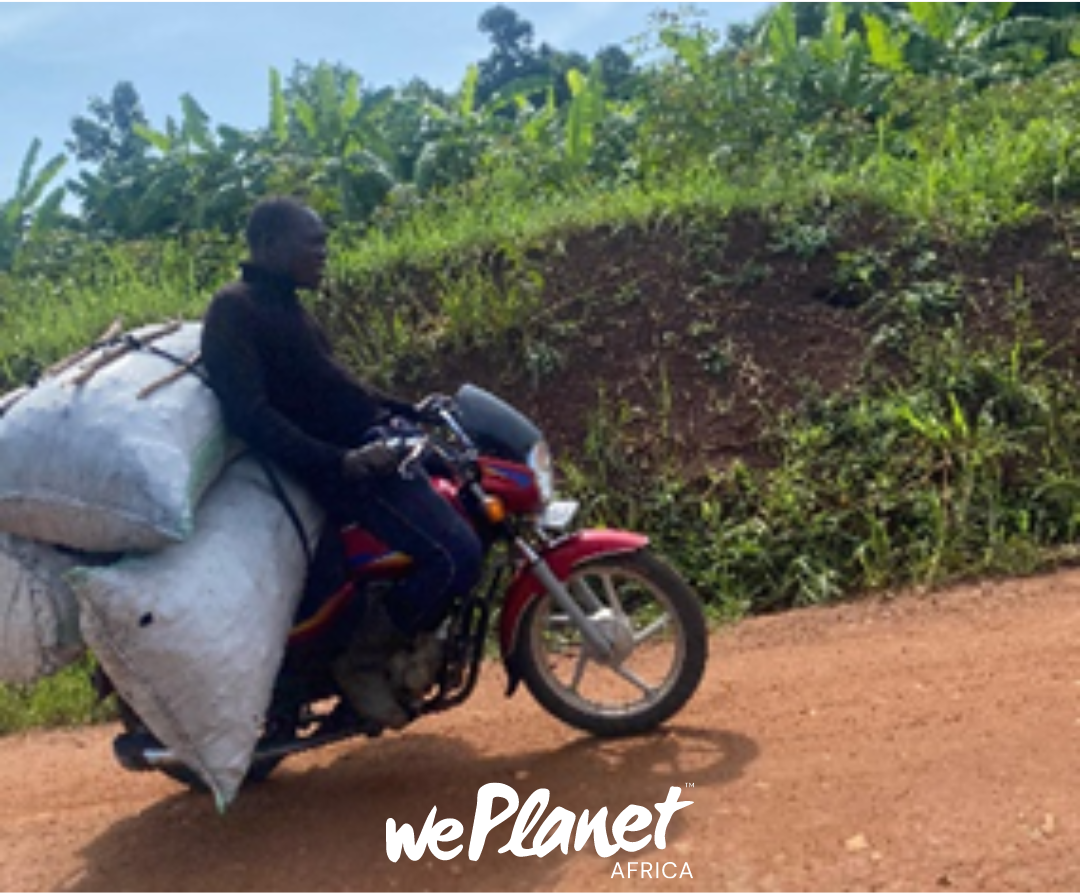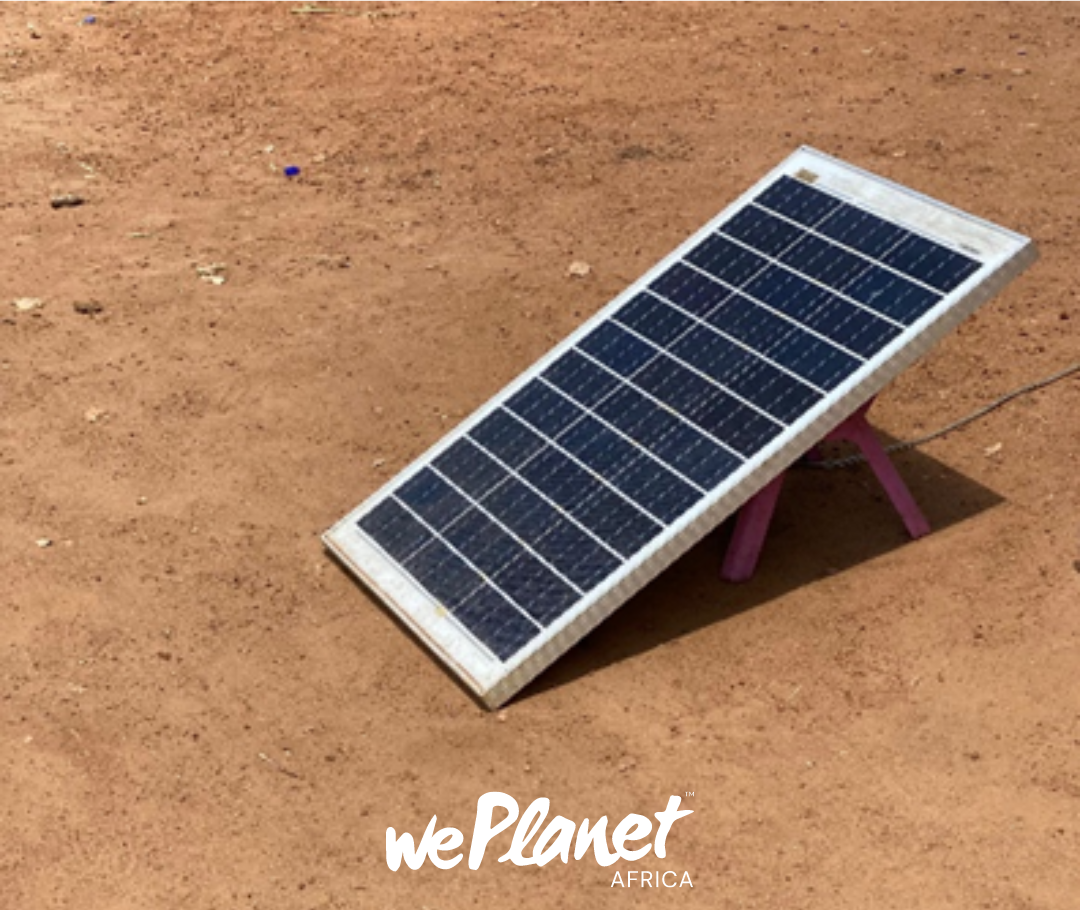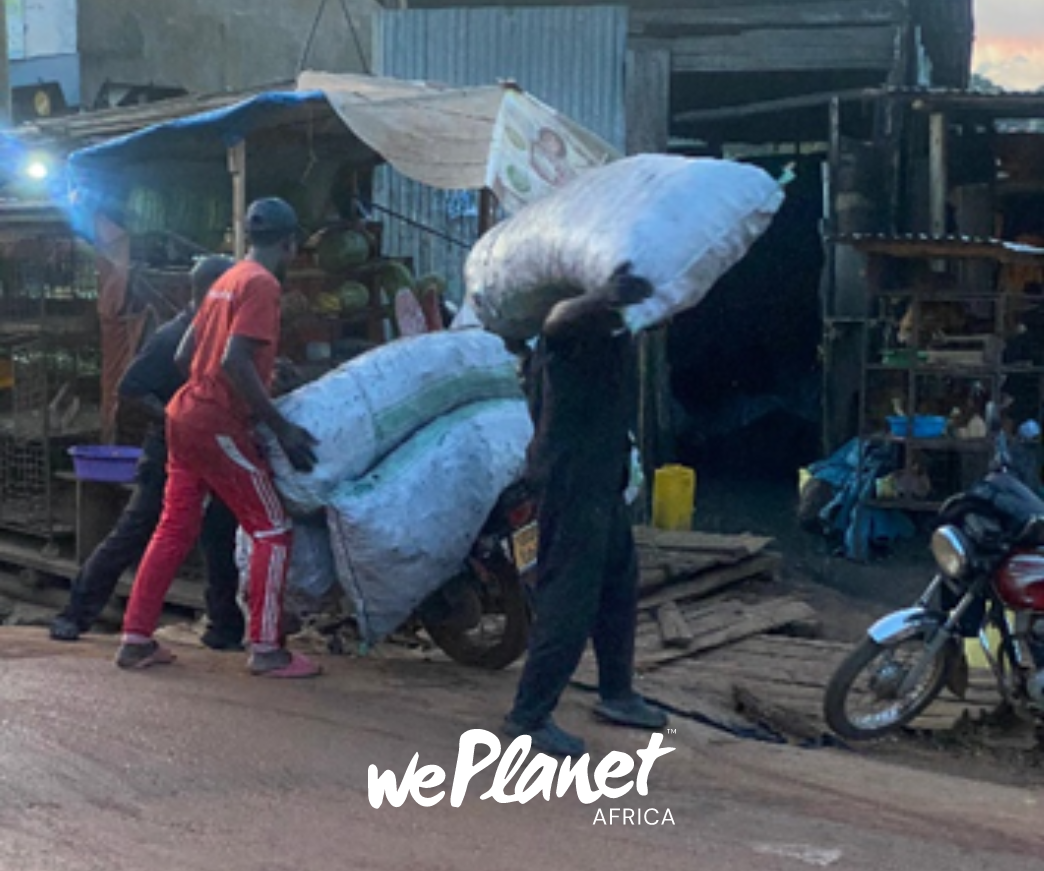By Perez Mweine
In May of this year, Uganda enacted a ban on charcoal burning in the northern and eastern parts of the country. This measure aimed to curb the extensive deforestation caused by charcoal production. We at wePlanet Uganda recently visited northern Uganda to assess the enforcement of this ban. Local sources directed us to Palaro sub-county in Gulu District, known as a hotspot for charcoal burning and significant forest loss.
However, our journey to Palaro encountered several setbacks. Motorcyclists were hesitant to transport us due to the perceived dangers associated with investigating charcoal-burning activities amidst ongoing government crackdowns on those involved in the trade. Additionally, we encountered allegations of local authorities protecting charcoal burners, enabling the smooth transport of charcoal to urban centers like Kampala. This indicated a notable lack of stringent enforcement of the ban.

Determined to continue, we disguised our investigation as a leisurely road trip and secured the help of a willing motorcyclist. Departing from Gulu City, we soon encountered numerous motorcycles carrying sacks of charcoal towards the city, confirming our proximity to production sites.
Upon arriving in Palaro town, we saw motorcyclists stopping with bags of charcoal for brief rest and some chit chat before heading to urban centers. Despite being connected to the electricity grid, Palaro relies heavily on solar power due to concerns over the national grid’s reliability. We saw locals purchasing solar panels which demonstrated their proactive approach to addressing their energy needs, though they avoided mounting panels on rooftops to prevent theft. Instead, they bring the panels out each morning and store them inside in the evening.

We were unable to locate specific charcoal production sites in Palaro Sub-county, prompting our return journey to Kampala. En route, we witnessed the high demand for charcoal, as passengers purchased sacks for personal use or resale in Gulu. In Kampala, we saw charcoal bags being offloaded from buses onto motorcycles for delivery, illustrating the extensive reach of this trade.
This journey highlighted the persistent prominence of charcoal as a primary fuel source despite regulatory efforts. Charcoal production remains a profitable enterprise, driven by weak enforcement and strong urban demand. Our experience emphasizes the urgent need for comprehensive strategies to address the environmental and social impacts of charcoal burning in Uganda.

Deforestation
According to the National Forest Authority (NFA), more than 73,000 hectares of private forest are cleared every year across the country and over 7,000ha of protected forest reserves are destroyed annually for timber and charcoal.
“People are cutting down trees indiscriminately without thinking of the future,” said Moses Watasa of the NFA. Watasa said Uganda had no clear policy on charcoal production. “We must encourage planting fast-growing trees like eucalyptus now so that we can be in a position to get timber and charcoal in 10 years,” he said.
